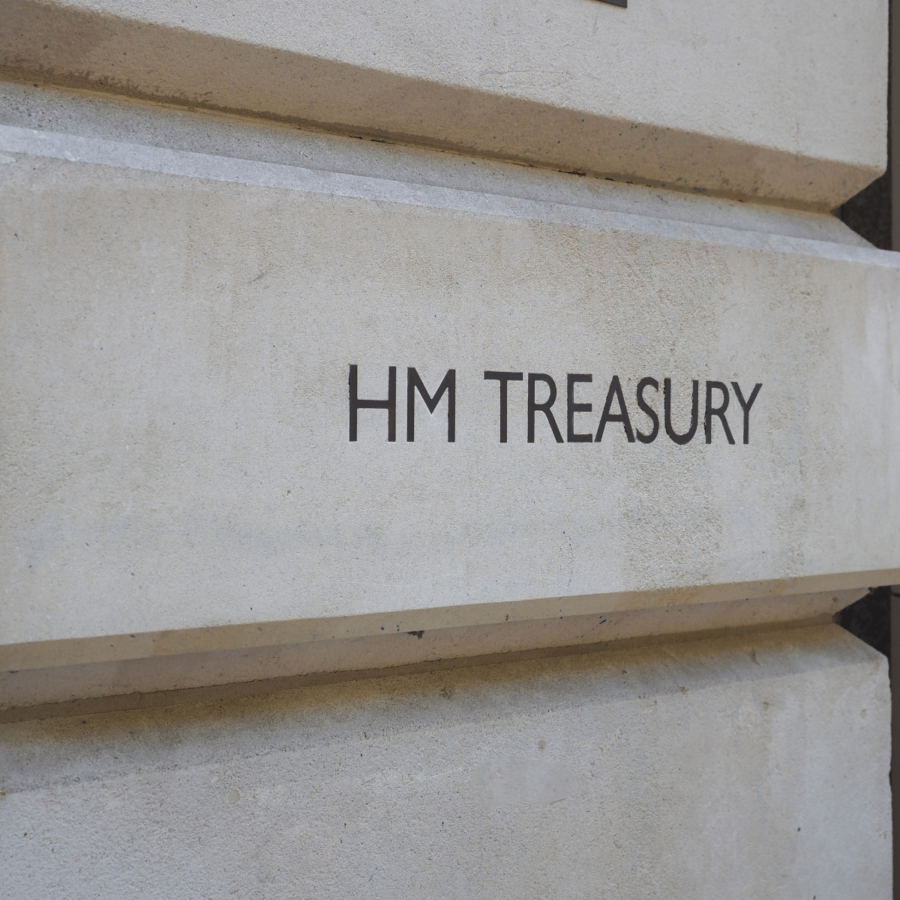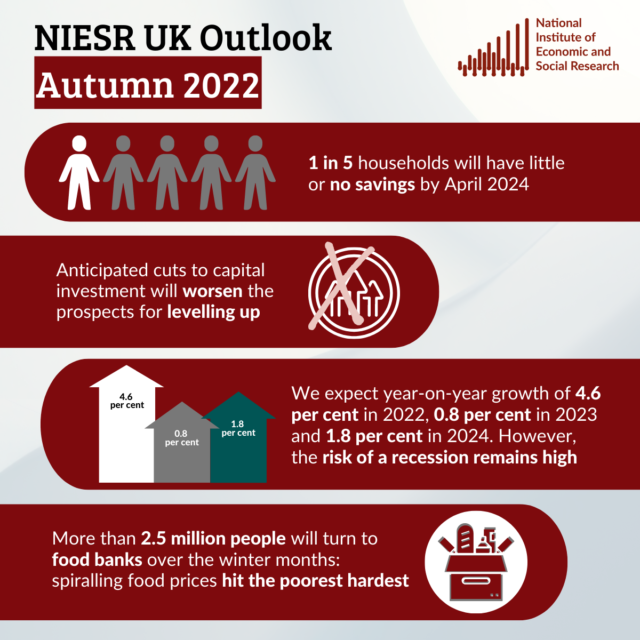Orthodoxy Lost and Found
After Kwasi Kwarteng’s disastrous mini budget, neither main party is likely to abandon the aim of price stability.

Against a backdrop of escalating inflation and a gradual unwinding of unconventional monetary policy, global interest rates are gradually recovering to more familiar levels. Ultimately this is a good thing, as it will support the allocation of capital to more productive projects, which produce a rate of return in line with higher interest rates. But this process was always going to be tricky, as the removal of support for bond prices would expose a number of financial markets to risks they had not had to manage for half a generation. This observation is as true in the US as it is in many emerging economies. The ill-fated and short-lived government of Prime Minster Liz Truss initially caused concern in the economics and policy-making community that the UK would move decisively into the realm of heterodox policy, but then quickly proved to be an example that the rest of the world will not now follow. We can now put behind us the worry that the new or subsequent government will raise the inflation target or pursue an unsustainable set of fiscal policies.
The commitment to an unfunded energy price guarantee and a slug of tax cuts announced by Chancellor Kwarteng at his mini budget on 23rd September promised to inject demand into an inflationary economy. We calculated this was something in the region of some 3 per cent of GDP in the first year, potentially raising output growth from -1 per cent to 2 per cent. This potential boost to demand served to trigger a rapid upwards revision in the path of Bank rate from a peak in the range of 3-4 per cent to over 6 per cent. Such a large and rapid change in short interest rate expectations triggered a large fall in gilt prices and other financial prices. Financial markets believed that if there was going to be a non-cooperative game between the central bank and the Treasury where the sequence of debts was going to be higher, then so would the sequence of interest rates. This was clearly untenable.
Since Truss and Kwarteng’s defenestration, we have returned to a clear commitment to fiscal probity under Chancellor Hunt and PM Sunak. And that commitment is one that the Labour party, which is now somewhat likelier to form the next government, will not question. The reversal of the greater part of mini-budget measures and the reduction in long-term interest rates mean that the so-called fiscal “black hole” can be filled with relatively small changes in taxes—for example, reinstituting the national insurance increase, or redesigning the energy price guarantee. The new government will announce this stage of its plans at the next fiscal event, due to take place on 17th November. The bigger danger now is that the government decides to demonstrate fiscal credibility by adopting an excessively restrictive fiscal policy and limiting support for poor households, or reining in critically important elements of public investment.
The good news is, at the end of this extraordinary cycle of prime ministers and chancellors, the commitment to sound money and price stability is firmly at the centre of the policy nexus for another generation. It is hard to see either main party moving away from the aim to stabilise public debt relative to GDP and maintain the imperative for price stability. The problem with that approach is that it will not by itself nurture faster economic growth and prosperity across the country. But that is perhaps a question for another day.




